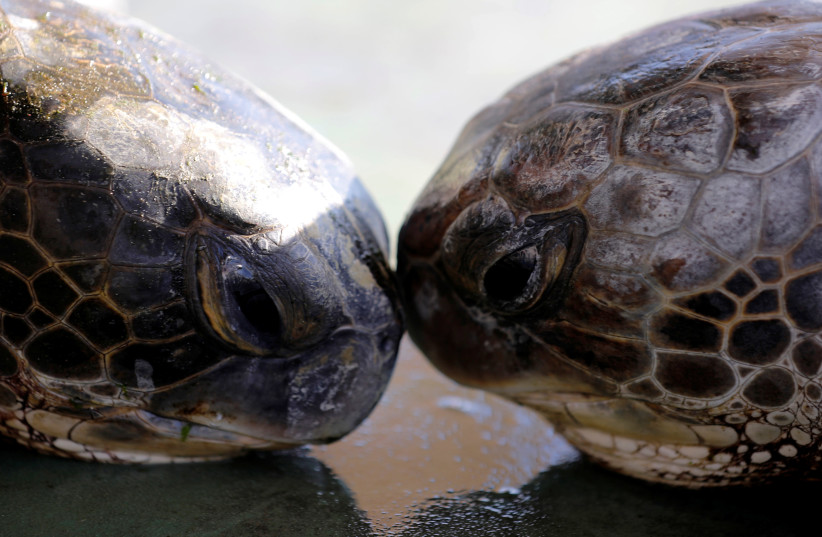An international study published in late April found that at least 21% of all reptile species globally are threatened with extinction.
The study was led by NatureServe, the International Union for Conservation of Nature, and Conservation International, and published in the journal Nature.
The research team analyzed the conservation needs of 10,196 reptile species and discovered that conservation efforts aimed at mammals, birds and amphibians likely also benefit reptiles.
“I was surprised by the degree to which mammals, birds and amphibians, collectively, can serve as surrogates to reptiles,” said Dr. Bruce Young, co-leader of the study and Chief Zoologist and Senior Conservation Scientist at NatureServe.
Per the United States National Parks Service, a surrogate species is a species used to represent other species or aspects of the environment to attain a conservation objective. In other words, it is a sample used to draw conclusions about the bigger picture.

The study's authors noted that although reptiles benefit from generalized conservation efforts, targeted measures are urgently needed to protect some of the most threatened species.
In particular, island-native lizards are heavily impacted by human-introduced predators or humans themselves. For example, turtles and crocodiles are most threatened by hunting rather than habitat destruction.
“Reptiles are not often used to inspire conservation action, but they are fascinating creatures and serve indispensable roles in ecosystems across the planet,” stated Dr. Sean T. O’Brien, President and CEO of NatureServe. “The analysis of the first global reptile assessment enables us to pinpoint where reptiles need the most help and serve as a major step to countering the global extinction crisis.”
The Environment and Climate Change portal is produced in cooperation with the Goldman Sonnenfeldt School of Sustainability and Climate Change at Ben-Gurion University of the Negev. The Jerusalem Post maintains all editorial decisions related to the content.
